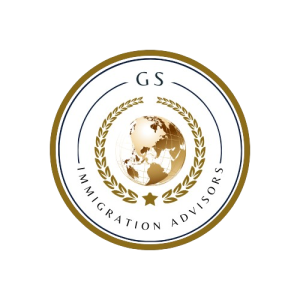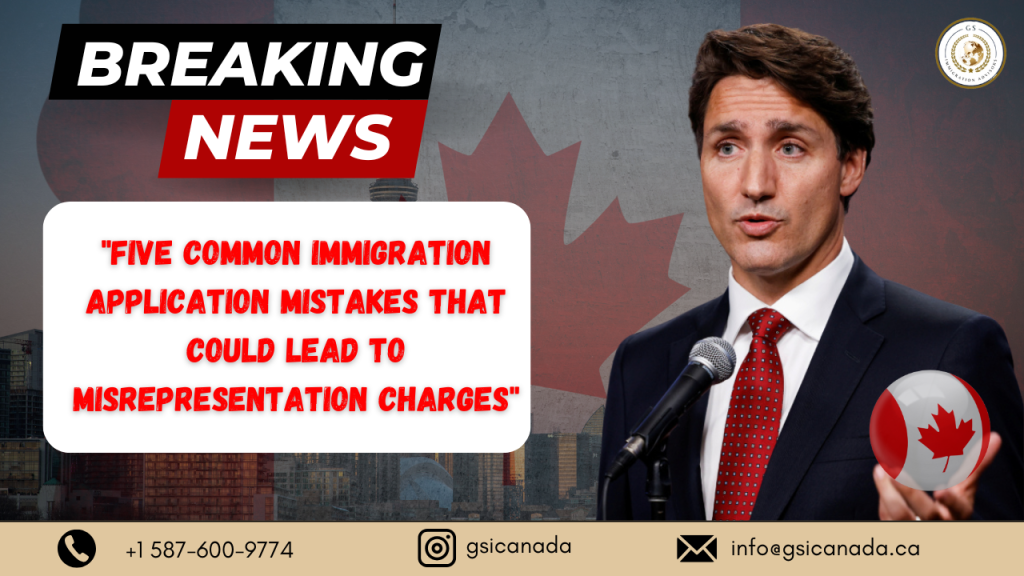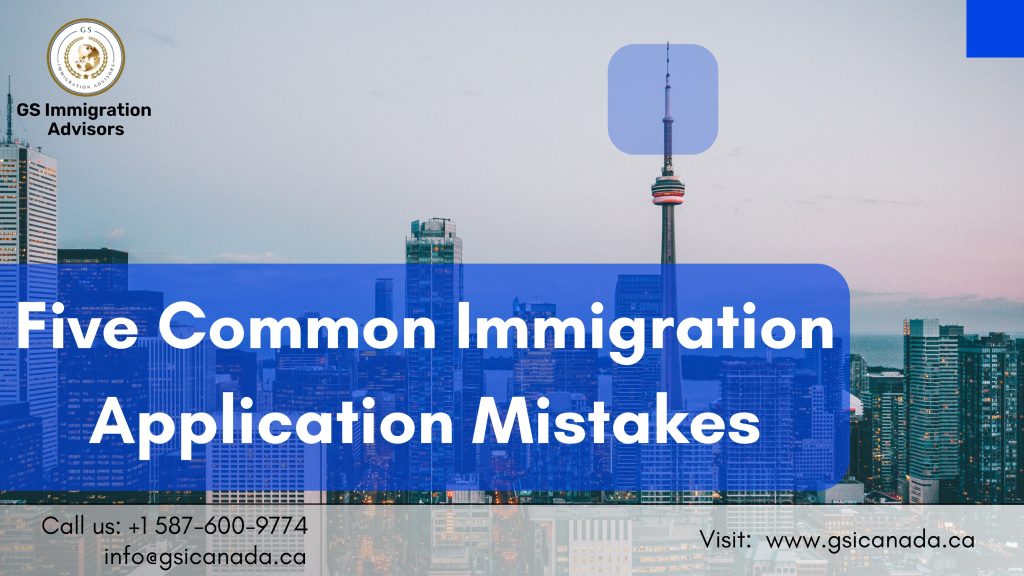“Five Common Immigration Application Mistakes That Could Lead to Misrepresentation Charges”
You run the danger of being accused of misrepresenting yourself if you accidentally or purposely give false information on your immigration application. In the context of Canadian immigration, misrepresentation is a legal word. It refers to giving the Canadian government information that is either false, deceptive, or lacking and may result in an incorrect application of immigration legislation in the specific situation. Get a Free Express Entry Assessment This includes data that was prepared or supplied by someone else on the applicant’s behalf (such as the Canadian sponsor in family class instances) or that the applicant explicitly provided or withheld. The applicant may still be held liable even if they were not the ones who made the false statement. Section 40 of the Immigration and Refugee Protection Act (IRPA) states that misrepresentation is a serious offense. In addition to having your application denied, it can have serious repercussions like penalties, charges, a five-year prohibition from applying for Canadian immigration, and/or an order to leave the country. An other circumstance that may result in the cancellation of Canadian citizenship is misrepresentation. Some examples of misrepresentation include: omitting, consciously or not, to include important information in your application submitting altered or false documentation lying about your health to your physician during your medical exam declaring employment or educational experience you do not have Is it misrepresentation if I honestly make a mistake on my immigration application? Even if a candidate makes an honest error, it might still be considered misrepresentation. But there’s some subtlety to it. In line with its stated definition: “For directly or indirectly misrepresenting or withholding material facts relating to a relevant matter that induces or could induce an error in the administration of this Act, a permanent resident or a foreign national is inadmissible for misrepresentation.” This implies that the information given (or not given) and whether it is deemed “material” in a certain situation determine whether something is deemed misrepresentation. When an applicant submits information for their case that they think is accurate but turns out to be inaccurate or lacking, this is known as innocent misrepresentation. For instance, adding two extra years of work experience by listing your employment start date as 2016 rather than 2018 could be deemed deception if work experience is significant to your case, even if it is only an error. Failing to notify Immigration, Refugees and Citizenship Canada (IRCC) of a change in circumstances, such as the arrival of a kid or a new spouse, would be another example. If material, innocent misrepresentation may carry the same penalties as deliberate misrepresentation, regardless of intent. Typical errors that could result in innocent misrepresentation include: Not disclosing previous marriages You might be under the impression that disclosing a prior marriage on your immigration application is completely pointless. However, it will probably be deemed a misrepresentation if this information is left out. Immigration officials may consider this to be important when making a judgment, for instance, if you are sponsoring a partner and you do not disclose two prior marriages within the last five years. Your application may be at risk even if the omission was inadvertent. Not disclosing previous offenses Even if you don’t feel like thinking about or mentioning an offence that was committed years ago, you still must disclose this information. This applies to all criminal offences. Failure to provide this information can lead to misrepresentation. It doesn’t matter in which country the offence was committed. Not reporting a visa refusal to enter Canada or another country If you’ve ever been denied an entry visa into a country, this needs to be disclosed in an immigration application. This rule applies for any country – not just Canada or the United States. If you’ve been denied a temporary work permit, a visitor visa, a permanent residency visa, a study visa or any other type of visa and/or immigration application, it needs to be mentioned in your application. Failure to report former military service or political activity If you feel awkward discussing your political views, you may be reluctant to reveal your past political involvement. However, being forthright and truthful about prior political engagement is required for immigration purposes. This also holds true for service in the armed forces and affiliation with political parties or organizations. Providing a rough estimate It’s easy to provide rough dates or details when you’re not sure about the details. But this can be dangerous. Discrepancies could lead authorities to assume deception. It is preferable to acknowledge your hesitancy than to give false information if you are unsure about a particular fact. You can reduce the possibility of misrepresentation, including innocent deception, by applying with thoroughness and honesty. What should I do if my immigration application contains errors? The best course of action would be to clarify the situation to the IRCC right now. This does not imply that the deception will be accepted or absolved. It is viewed favorably, nevertheless, in contrast to the IRCC finding it in the application on its own. You should send a thorough and understandable response to address the IRCC’s concerns and include as many supporting documents as you can if you learned about the misrepresentation through a Procedural Fairness response (PFL). Before an officer renders a final determination regarding misrepresentation, the IRCC delivers a PFL to the applicant. It provides an opportunity for the applicant to clarify any errors or inconsistencies. To make sure they are as precise and succinct as possible and to prevent being accused of misrepresentation, many applicants decide to have a lawyer draft their letters and submissions. Get a Free Express Entry Assessment


